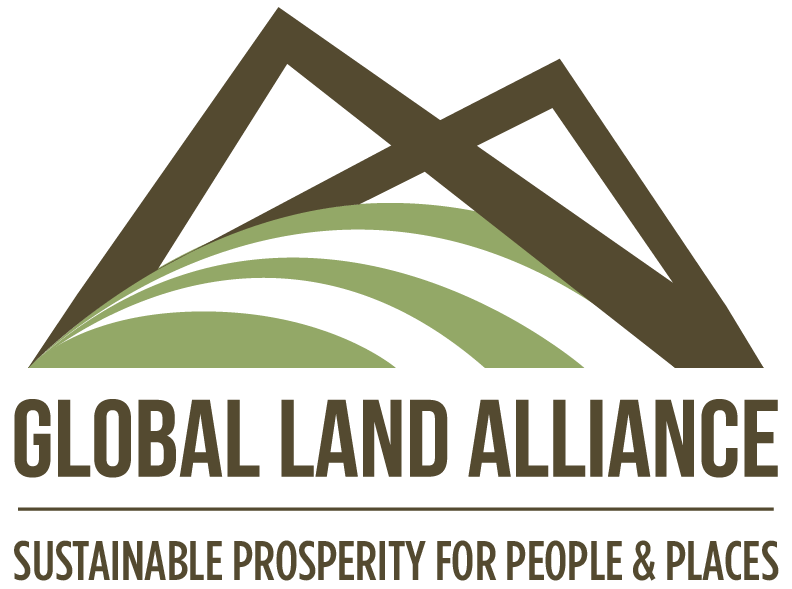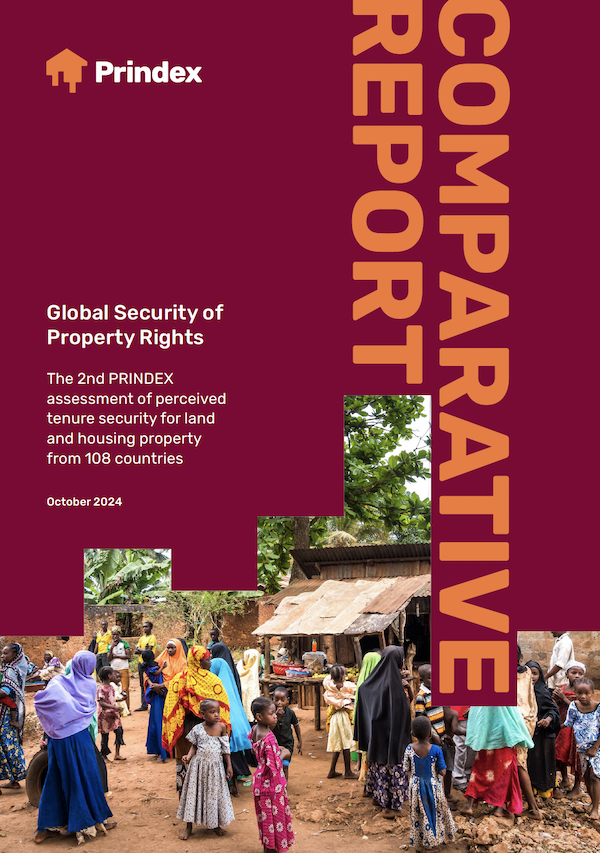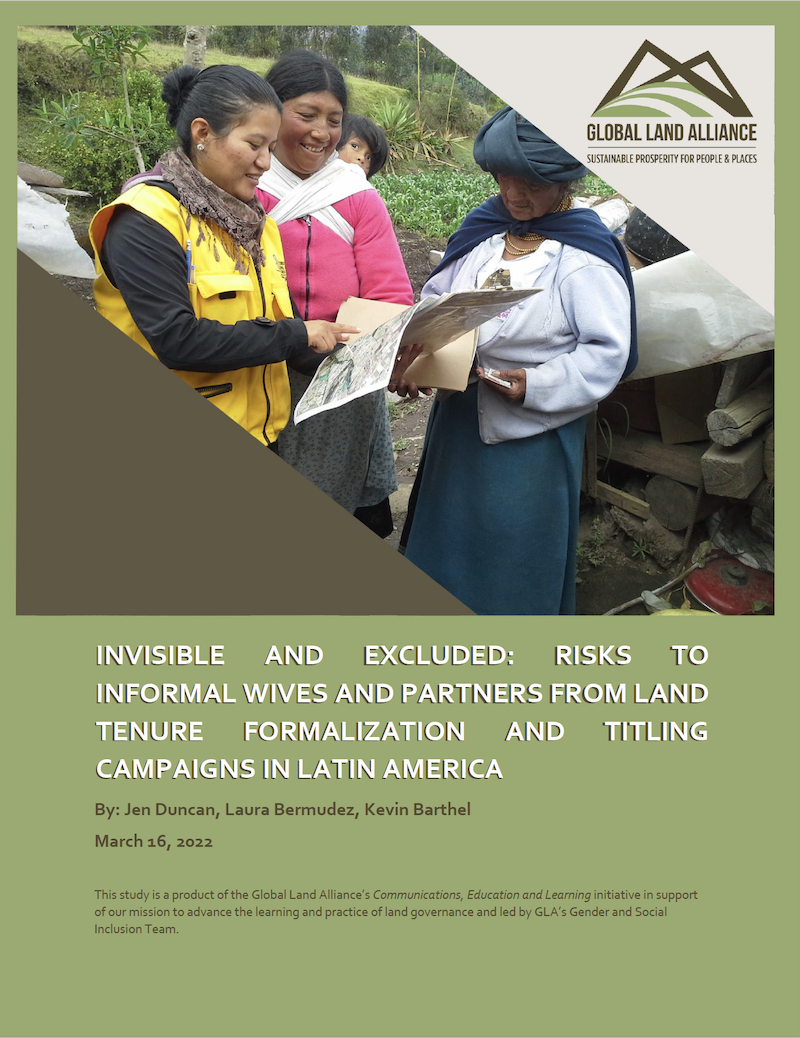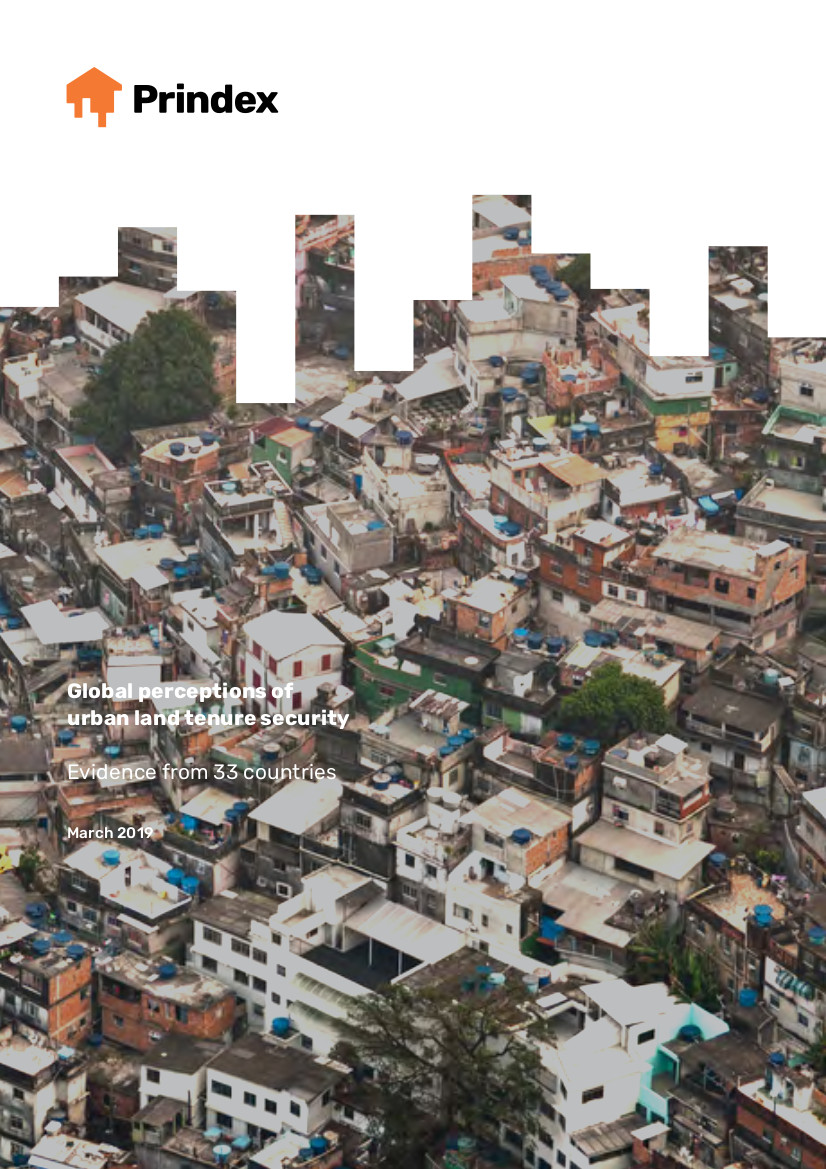Location
The mission of Global Land Alliance is to enable the prosperity of people and places by advancing learning and practice to achieve land tenure security and the efficient, inclusive and sustainable use of land and natural resources.
We aim to accelerate quality development by resolving land issues with new paradigms of participation and accountability. We are a think-and-do tank focused on resolving land issues to address four critical development challenges:
- Food security and the challenge of sustainable food systems.
- Environment and the challenge of sustainable ecosystems.
- Urbanization and the challenge of sustainable cities.
- Conflict and the challenge of sustainable peace.
Global Land Alliance takes the traditional think tank model a step forward, not only producing new understanding and recommendations based on on-the-ground perspectives of citizens, community leaders and businesses, but also channeling those learnings toward practical implementation at scale. By scaling and speeding up resolution of land issues, we can scale up and speed up improved results in the big issues of our time: urbanization, food security, environmental sustainability and peace.
Global Land Alliance is committed to finding solutions to the complex development challenges of cities, rural landscapes and forests through the power of allying local, national and international resources in innovative ways. We seek to harness the values inherent in land, place and natural resources to drive socially inclusive and ecologically-grounded development. We act as a catalyst for change by mobilizing local action, managing knowledge, driving accountability, and developing long-term capacities. We seek to be a positive disrupter of status quo situations that keep people in poverty and insecurity, misuse resources and inhibit local growth.
Members:
Resources
Displaying 1 - 5 of 29Global Security of Property Rights
In the framework of Prindex, the Global Land Alliance (GLA) conducts regular global surveys on the perception of land tenure security in more than 100 countries, amplified by in-depth country- and region-specific studies of tenure security. Since 2016, these have been implemented in Brazil, Burkina Faso, Colombia, India, Nigeria and Tanzania. Several countries, including Tanzania and the United Kingdom, and international organizations such as the United Nations Economic Commission for Europe, use Prindex data to report on U.N.
Invisible And Excluded: Risks To Informal Wives And Partners From Land Tenure Formalization And Titling Campaigns In Latin America
Latin American countries have pursued rural land titling and registration campaigns over the past several decades with a broad range of social and economic goals. These efforts represent a permanent or long-term legal recognition of rights to land as a primary economic asset for agricultural communities and a source of family subsistence, security, and social and cultural wellbeing. Land rights can provide multi-generational benefits to recipients.
Women's perceptions of tenure security: Evidence from 140 Countries
The Sustainable Development Goals (SDGs) 1.4.2 and 5.A.1 refer to the strengthening of women’s land and property rights as a fundamental pathway towards poverty reduction and women’s empowerment. Securing women’s land and property rights can increase agricultural productivity, incentivise the adoption of climate-resilient natural resource management and increase household spending on health and education.
Women's perceptions of tenure security
This report uses household-level data from 33, mostly developing, countries to analyse perceptions of tenure insecurity among women. We test two hypotheses: (1) that women feel more insecure than men; and (2) that increasing statutory protections for women, for instance by issuing joint named titles or making inheritance law more gender equal, increases de facto tenure security.
Global perceptions of urban land tenure security report
A deeper look at what the results of the 33 wave 1 and 2 countries show about urban land tenure security. This report compliments the Prindex Comparative Report by focusing on a specific aspect of land and tenure insecurity.





